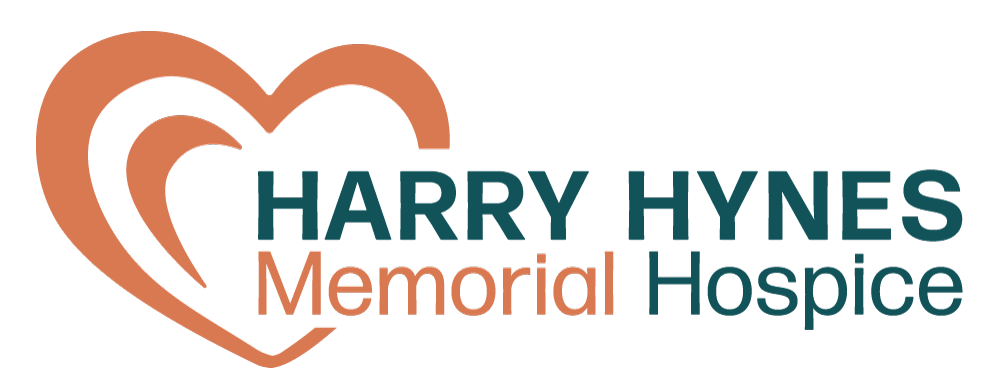Frequently Asked Questions (FAQs) about hospice services:
Harry Hynes Hospice provides hospice care services for patients with a life-limiting illness.
Here are some of the most common questions we are asked:
Hospice care is a special kind of care that focuses on the quality of life for people and their caregivers who are experiencing an advanced, life-limiting illness. Hospice care provides supportive and compassionate care for people in the last phases of an incurable disease or illness so that they may live as fully and comfortably as possible.
Sometimes calling hospice is just to learn more about the benefits of hospice for a loved one (or oneself) with a terminal illness. It can also mean that the patient and family no longer want to pursue curative care, or perhaps a physician has determined that a patient’s life expectancy is six months or less. Patients and families may also discover that medical treatments and interventions are no longer effective, will not cure the disease, and/or will prolong suffering.
Calling hospice means the patient is transitioning from disease specialists and surgeons to an interdisciplinary healthcare team trained in comfort care, pain management, psychosocial support and quality of life at the end of life.
Anyone can request a hospice evaluation. Sometimes the physician makes the referral or provides several options and lets the patient/family decide. The physician must certify to the hospice provider that the patient is eligible and has a prognosis of 6 months or less.
When a referral is made, one of our team members makes an appointment to meet with the patient and family. The admissions nurse evaluates the patient, answers the family’s questions and creates a plan of care that reflects the patient/family’s wishes.
Not at all! When treatment options for a disease have been exhausted or no longer work, hospice provides a way for people to live in comfort, peace and dignity without curative care. Hospice isn’t about giving up, but about improving the quality of the patient’s life by being free of pain, surrounded by family and in the comfort of home.
Yes! Family input is important and is the driving force behind developing the most effective plan of care for your loved one.
Ideally, a member of our team will be at the bedside at the time of death, able to explain the stages of death, make necessary phone calls, prepare the body and support the family in the first few hours. They will arrange for the body to be removed or, if the family would like to wait, perhaps until a family member arrives, that can be arranged as well.
If a member of the team is not present at the death, he or she will arrive as soon as you call the hospice provider.
Still have questions?
We would be happy to speak with you and answer any questions you have about Hospice Care.
